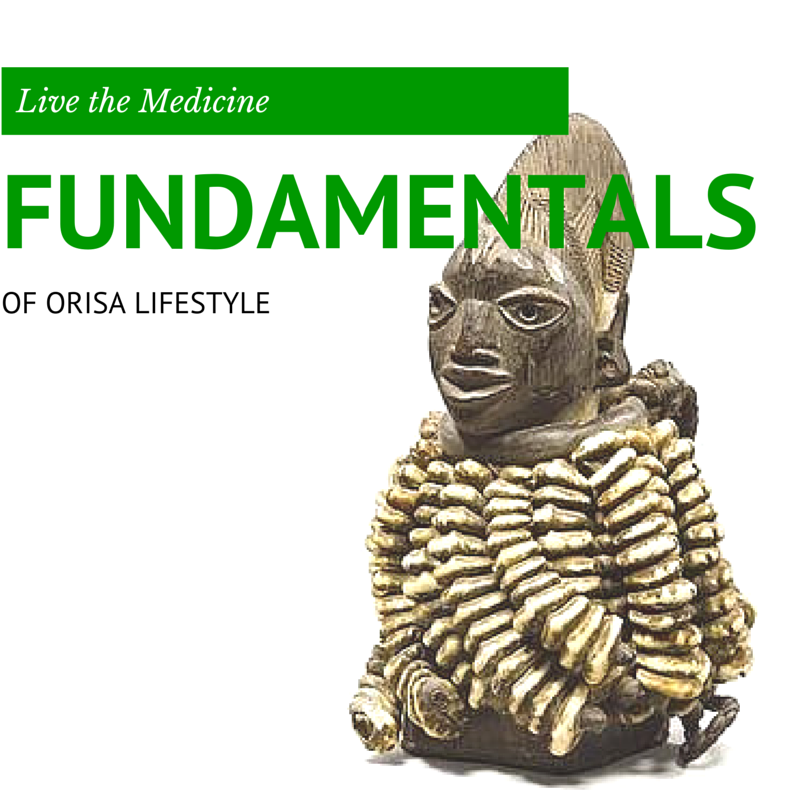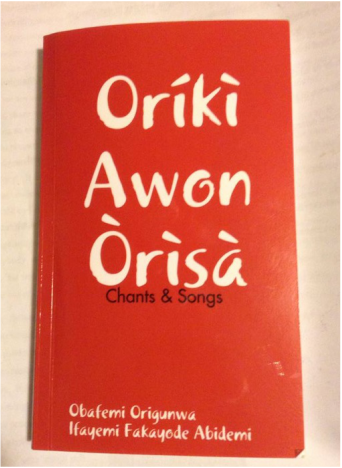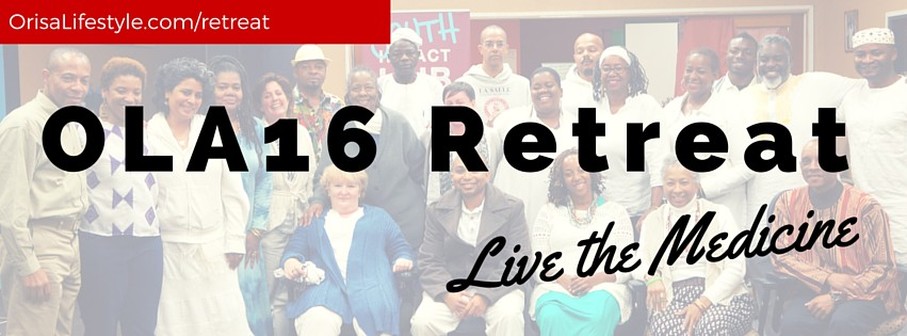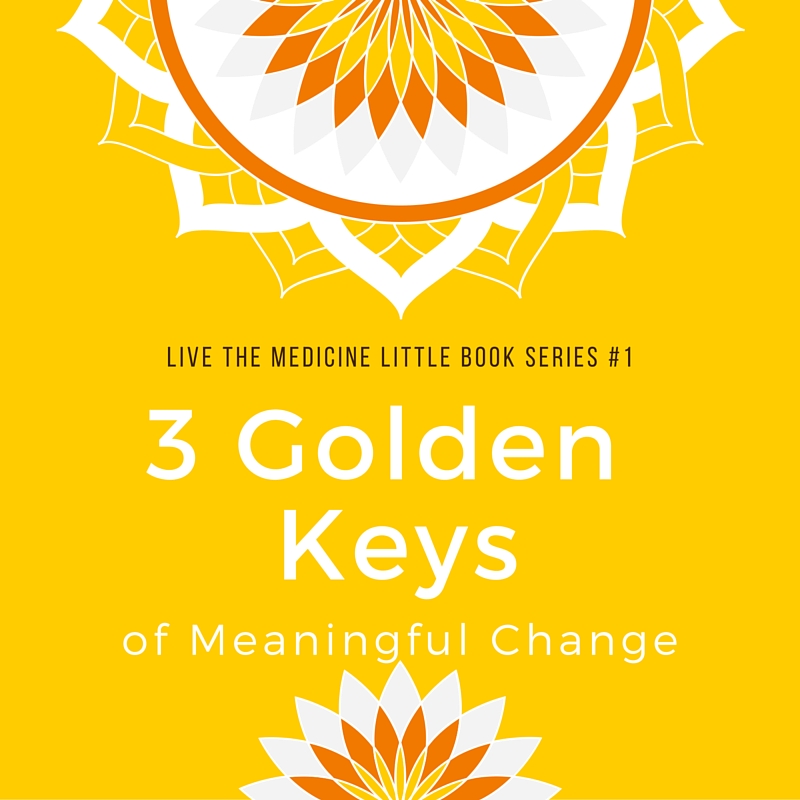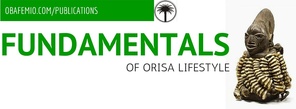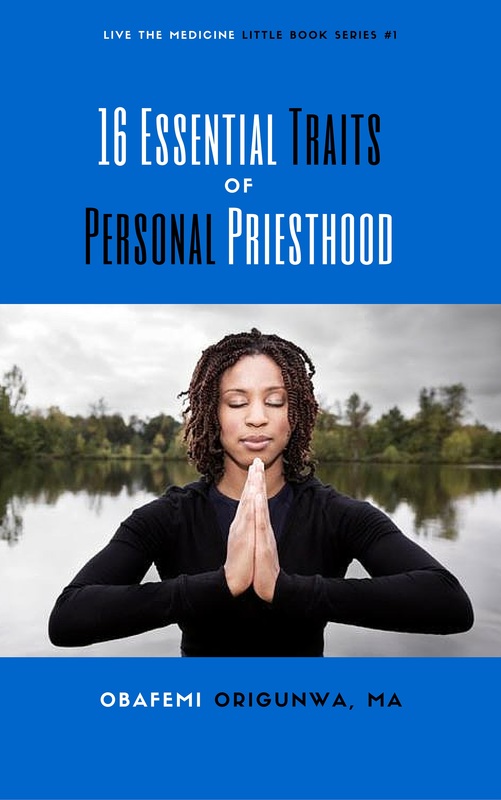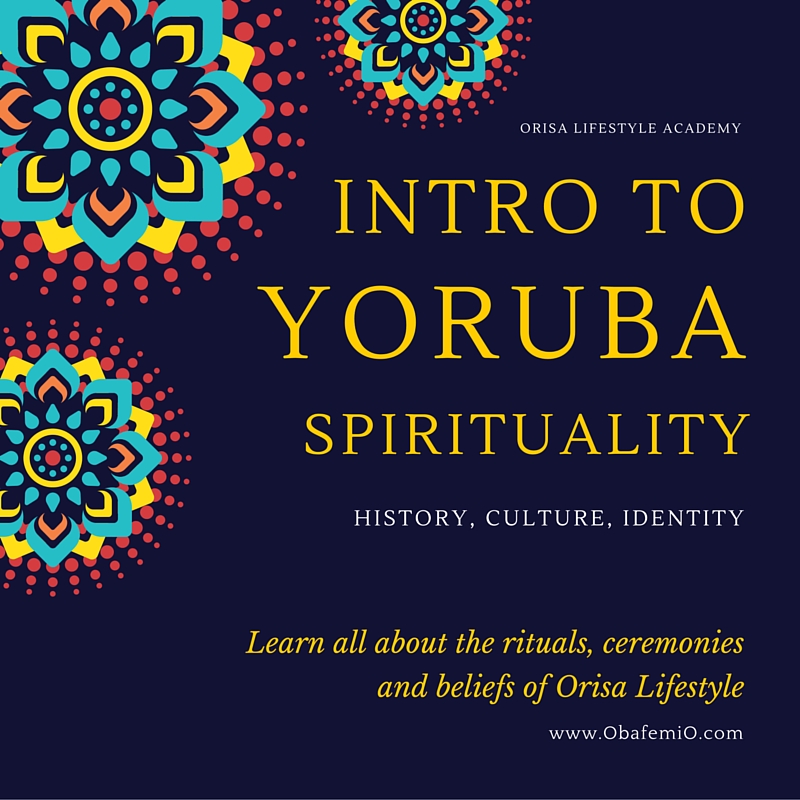The OLA16 Method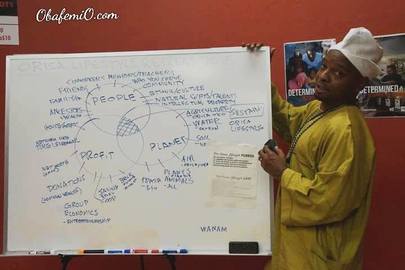
PROGRAM DESCRIPTION
The Orisa Lifestyle Academy (OLA16) is meant to be a journey. As your instructor, my job is to facilitate your journey through my books, classes and services, as well as the emotional responses those resources provoke. The OLA16 experience should help to improve the way in which you participate in Orisa Lifestyle, no matter what tradition you practice. That is, I envision OLA16 as a warehouse of tools that help you understand what matters most to you on the journey of spiritual development. OLA16 helps you to see and understand Orisa Lifestyle from a personal, inside out perspective. The classes, retreats, personal consultations and books are designed to reveal where you can invest the most attention in order to have the greatest impact on your spiritual journey. It is not enough to complain about the problems we face in our community. The greatest opportunity is to identify the high and low points of your experience as a devotee and learn to adjust your approach according to your natural gifts and talents. OLA16 helps you to stop complaining and pinpoint those moments that you can take it upon yourself to improve your experience within Orisa Lifestyle. Only by understanding what is really important to the practitioners can the priests and priestesses provide products and services that REALLY matter. That is only possible if the you, the practitioner get in touch with with yourself - your values, your strengths, your fears, your weaknesses - on the journey. The OLA16 approach supports strategic, developmentally-appropriate decisions. Through courses, books, retreats, personal consultations and initiations, I will guide my students through the process of mapping their spiritual journeys and traveling with confidence. My objective is to help you to save money, time, effort and improve your experience of Orisa Lifestyle. ACADEMY CONTENT
WHO SHOULD ATTEND
PAST PARTICIPANTS Past participants in our online and in-personal programs have included devotees, priests, priestesses, students, mental health patients, coaching clients, mental health professionals, activists, drummers, dancers, visual artists and other decision-makers from a diverse range of African diaspora religious and cultural traditions.
|
|
|
